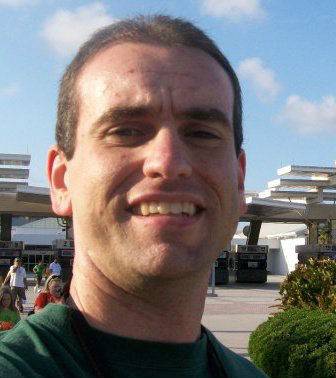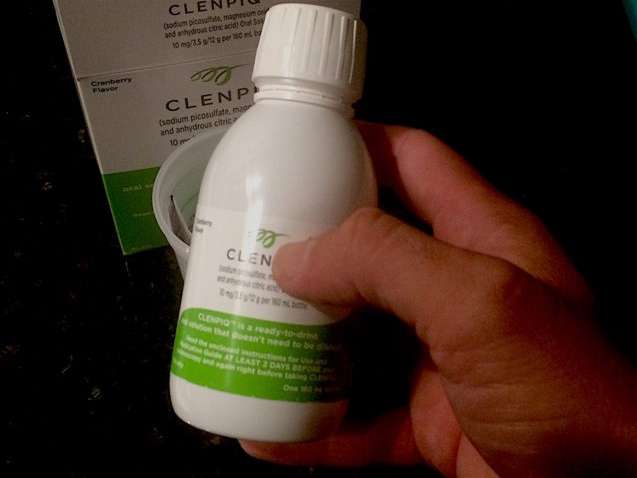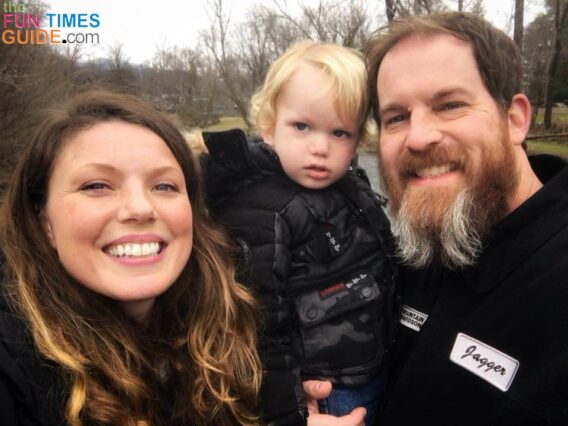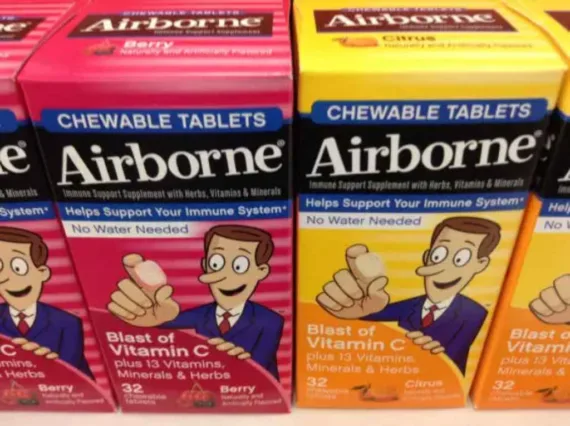 It’s not fun being told that you should have a colonoscopy… especially when you can’t even remember a time without computers, MTV, cellular phones. Of course, colonoscopy guidelines suggest that a 31-year-old whose mom and maternal grandfather both died of colon cancer should consider getting a colonoscopy.
It’s not fun being told that you should have a colonoscopy… especially when you can’t even remember a time without computers, MTV, cellular phones. Of course, colonoscopy guidelines suggest that a 31-year-old whose mom and maternal grandfather both died of colon cancer should consider getting a colonoscopy.
The fact that I have secondary relatives who were as young as 38 when undergoing excision of sessile colon polyps made the idea of undergoing a colonoscopy in my early 30s sound all the more prudent. It makes even more sense when recent studies show that colon cancer is on the rise in people under age 50.
In fact, according to a WebMD Health News article, colon cancer cases among young people are rising 3 percent every year; for rectal cancer, incidence rates are surging 4 percent annually for young individuals. No wonder colonoscopy guidelines have been set by medical professionals to stifle the growing rate of this terrible disease.
The Public Becoming Increasingly Aware of the Risks – and Colonoscopy Guidelines
While there may be numerous factors behind the increase of colorectal cancer rates among those under age 50, including increasingly sedentary lifestyles and poor dietary habits, the rallying call is the same – people under 50, especially those with genetic predispositions, need to follow colonoscopy guidelines that can help them stave off the incidence of colon cancer.
The colonoscopy guidelines set by the United States Center for Disease Control (CDC) include getting:
- A colonoscopy once every ten years beginning at the age of 50 until at least the age of 75
- A flexible sigmoidoscopy to check the rectum and lower part of the colon once every five years
- A fecal-occult blood test once every year; this checks for signs of blood in three consecutive fecal samples
While many people let anything having to do with the colon embarrass them, I have no shame in sharing with the world that I’ve had a colonoscopy done. In fact, I’d just as soon be an advocate for the cause. After all, it’s only in recent decades that cancer has even become a topic of conversation around the veritable dinner table that is American media. Societal culture, especially in the United States, had long murmured the word “cancer” merely in hushed tones.
Colon cancer was even less so a topic that people would care to talk about in a public forum. Of course, Katie Couric helped bring sorely needed awareness about colon cancer to the American public when in 2000, she underwent a colonoscopy performed on live television following the death of her husband, Jay Monahan, who died of colon cancer at the young age of 42.
Other famous figures, including colon cancer survivor Sharon Osborne, and colon cancer support groups such as Colon Cancer Alliance and have also helped shed more light on a disease that kills more than 50,000 Americans every year.
Keeping Up the Vigilance
With my first colonoscopy now behind me, I will continue to keep on the lookout for any of the common symptoms of colon cancer, which among others include:
- Blood in stools
- Irregularity in bowel movements
- Unexplained weight loss
- Constant fatigue
Meanwhile, I won’t have to get my next colonoscopy until around the time I blow out 40 candles on the birthday cake. I will also continue to live the healthiest lifestyle I can, eat a well-balanced diet, lose weight if I become obese, exercise at least 30 minutes a day five times a week, and heed colonoscopy guidelines however they may change over the coming years.




